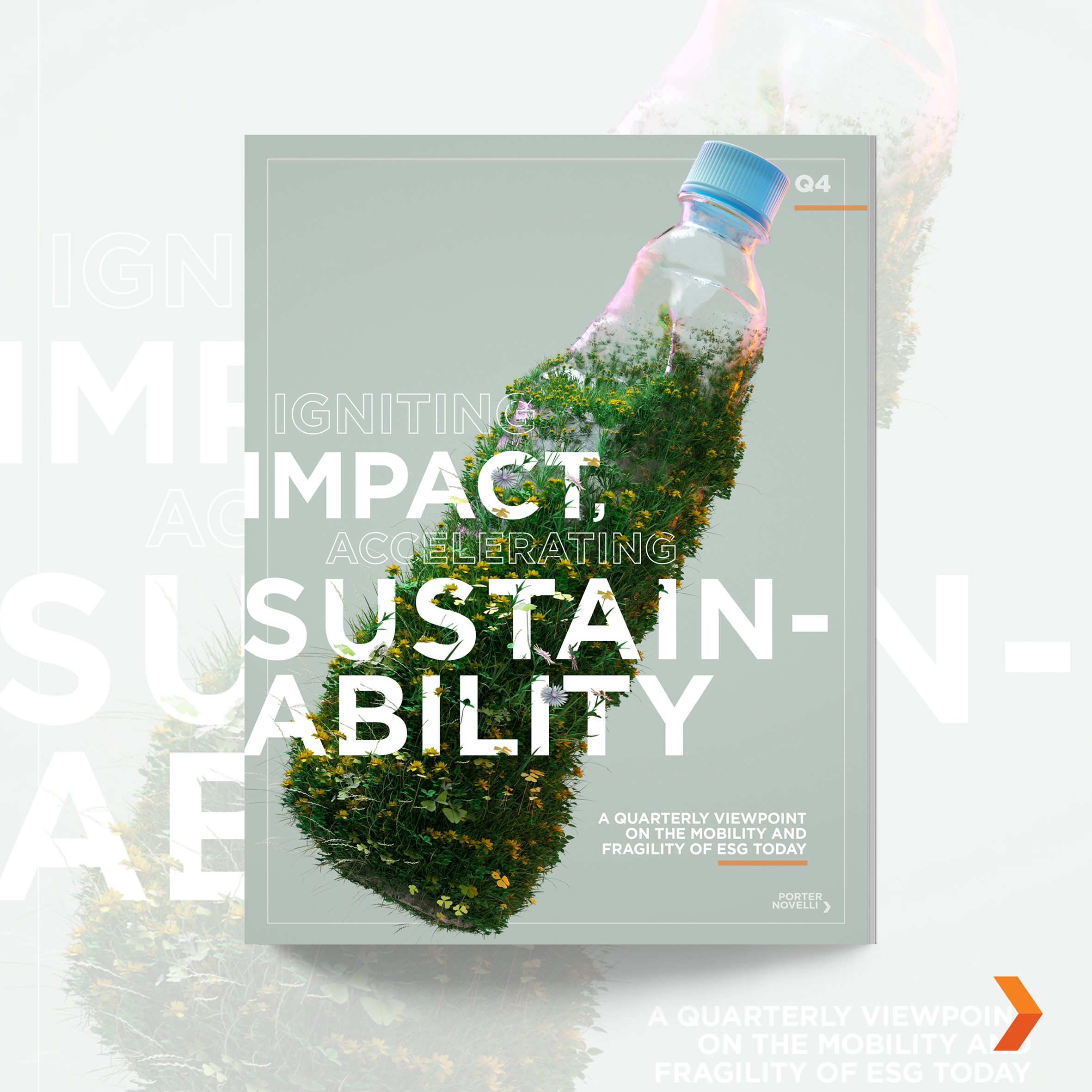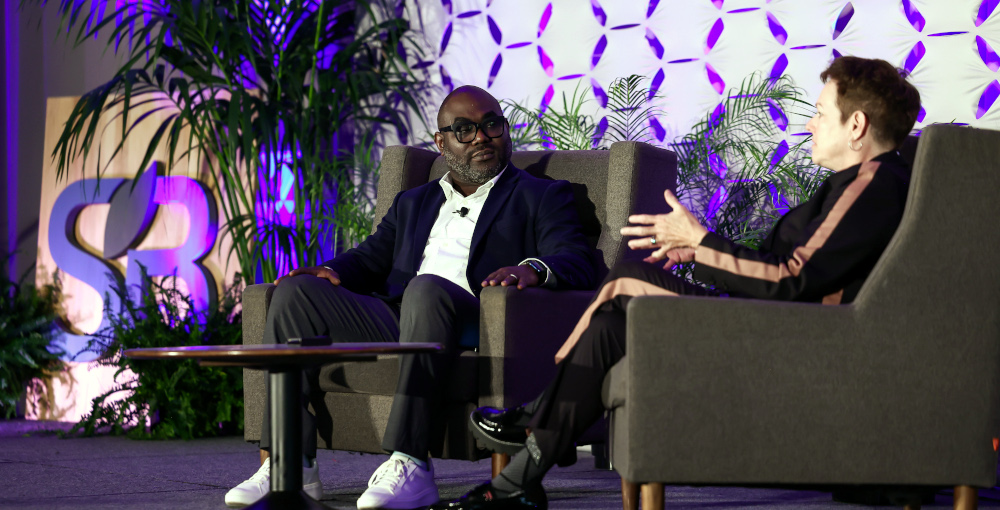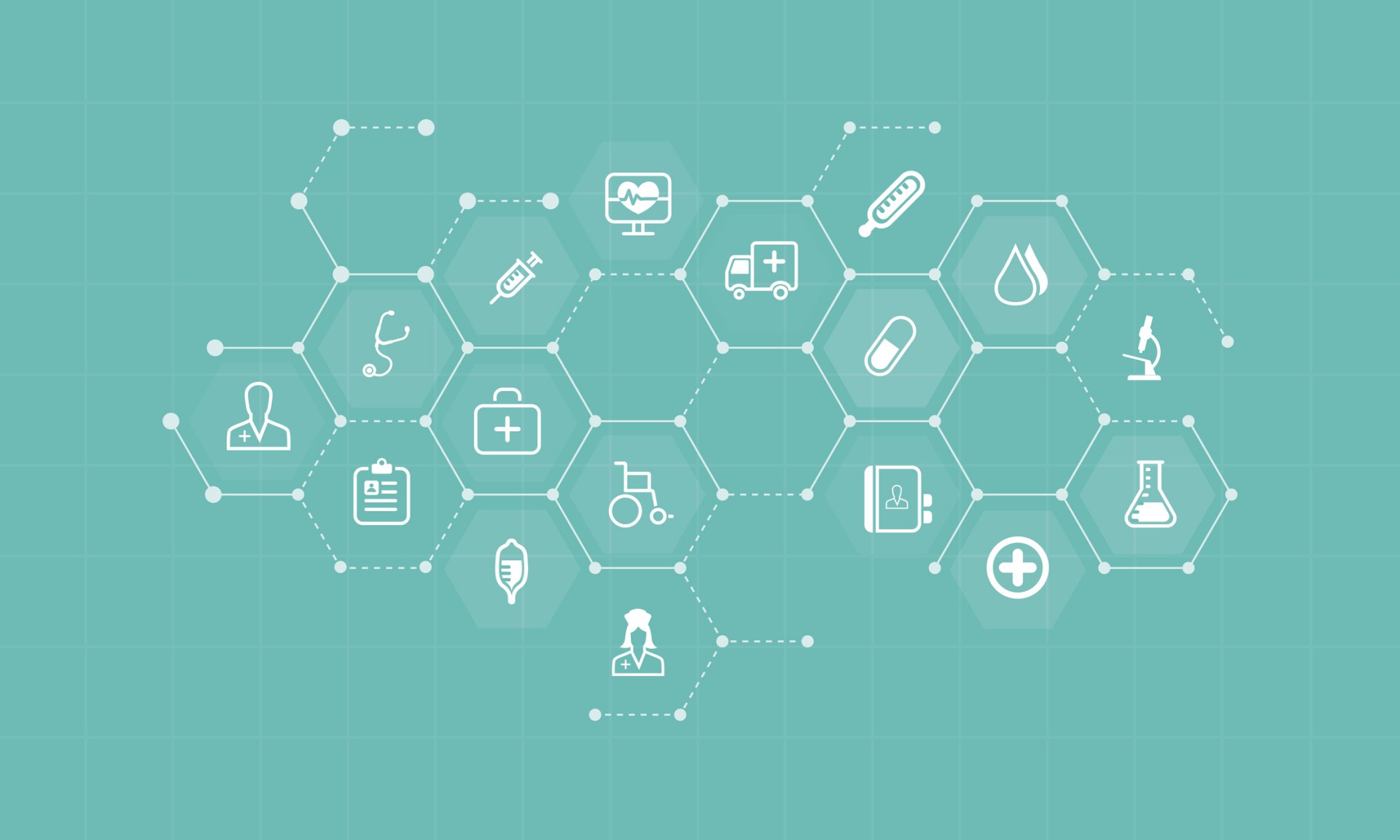Health equity means that everyone has the chance to be as healthy as possible, regardless of their circumstances. Yet, many systemic barriers prevent people from accessing the healthcare they need. The sad reality is that a person’s chances of good health is determined by their race, ethnicity and socio-economic status.
While conversations around addressing healthcare inequities have been ongoing for many years, it took a global pandemic and its consequences to shine a light on the level of inequities among different communities and focus minds on how to close the gaps. This focus has revealed the incredibly complex challenge that needs to be addressed, requiring a detailed understanding of the experience of diverse communities.
As part of a partnership with The Atlantic, we at Omnicom PR Group have captured robust data on the experiences of 6,000 individuals representing non-white, LGBTQAI+ and immigrant communities, accessing healthcare in the US, UK, Spain and Germany.
The results of these findings have been published in a new report, The Intersection of Health Equity in Communities & Business Strategy: A Call-to-Action, and investigates the lived experiences of diverse communities around accessing healthcare, with some eye-opening statistics:
- Six out of 10 surveyed experienced discrimination when seeking healthcare.
- 80% reported a lack trust in the healthcare system.
- Approximately 2 in 5 reported seeking alternative sources of healthcare information away from the doctor’s office, such as their faith community, community health workers and community healer.
- While 70% sought information online.
The conclusion these results provide is that we need to change the way we approach healthcare to build bridges into these communities, restore trust and deliver a more inclusive and equitable care system. In addition to providing extensive new data on the major barriers, the report also provides useful guidance for businesses to help address these issues.
Health and pharmaceutical companies have a unique opportunity to deliver on health equity; by incorporating it across their R&D and commercialisation strategies, companies won’t just create more effective products and interventions for diverse populations, they can show how they are living their purpose of making healthier lives a reality for all.

















